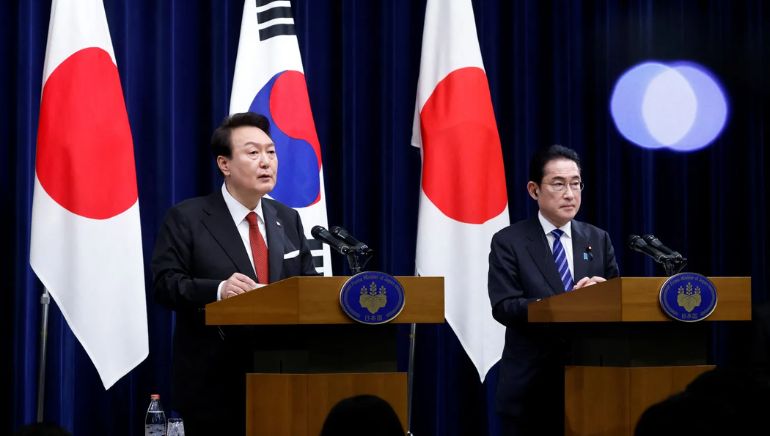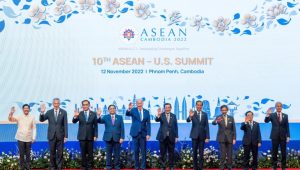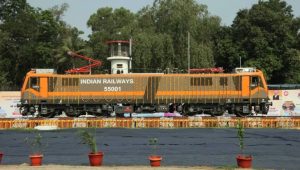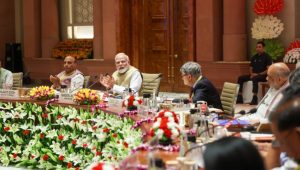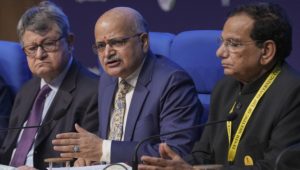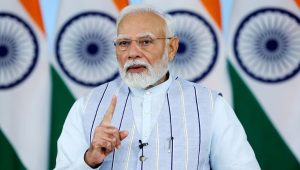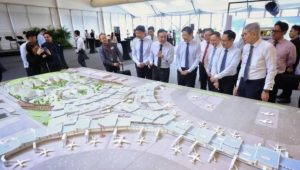Seoul and Tokyo have taken a major step towards economic reconciliation, holding their first high-level economic talks in eight years on December 21st. The meeting marks a significant breakthrough after relations were strained by historical disputes and trade restrictions.
The talks, dubbed the “Joint Committee on Economic, Trade and Industrial Cooperation,” aim to revitalize economic ties between the two Asian powerhouses. Previously stalled since 2016, the dialogue’s resumption signals a thaw in relations that have witnessed positive momentum this year.
Several factors have contributed to this warming trend. In March, Japan lifted export curbs on high-tech materials to South Korea, and in July, it reinstated the country to its “white list” for fast-track trade. Additionally, South Korea independently offered compensation to victims of Japan’s wartime forced labor, addressing a key source of tension.
While historical issues remain unresolved, both countries seem eager to prioritize shared strategic interests and economic prosperity. The recent talks focused on supply chain cooperation, digital economies, and environmental collaboration. A successful dialogue could open doors for further ventures in areas like infrastructure development and joint technological projects.
However, challenges persist. The unresolved “comfort women” issue, concerning Korean women forced into sexual slavery during World War II, remains a sensitive point. Additionally, South Korea’s ban on seafood from areas affected by the Fukushima nuclear disaster could hinder progress.
Despite these hurdles, the resumption of economic talks sends a positive message. It signifies a willingness to move beyond past grievances and focus on pragmatic cooperation. If sustained, this newfound economic understanding could pave the way for a more stable and prosperous partnership between South Korea and Japan.





